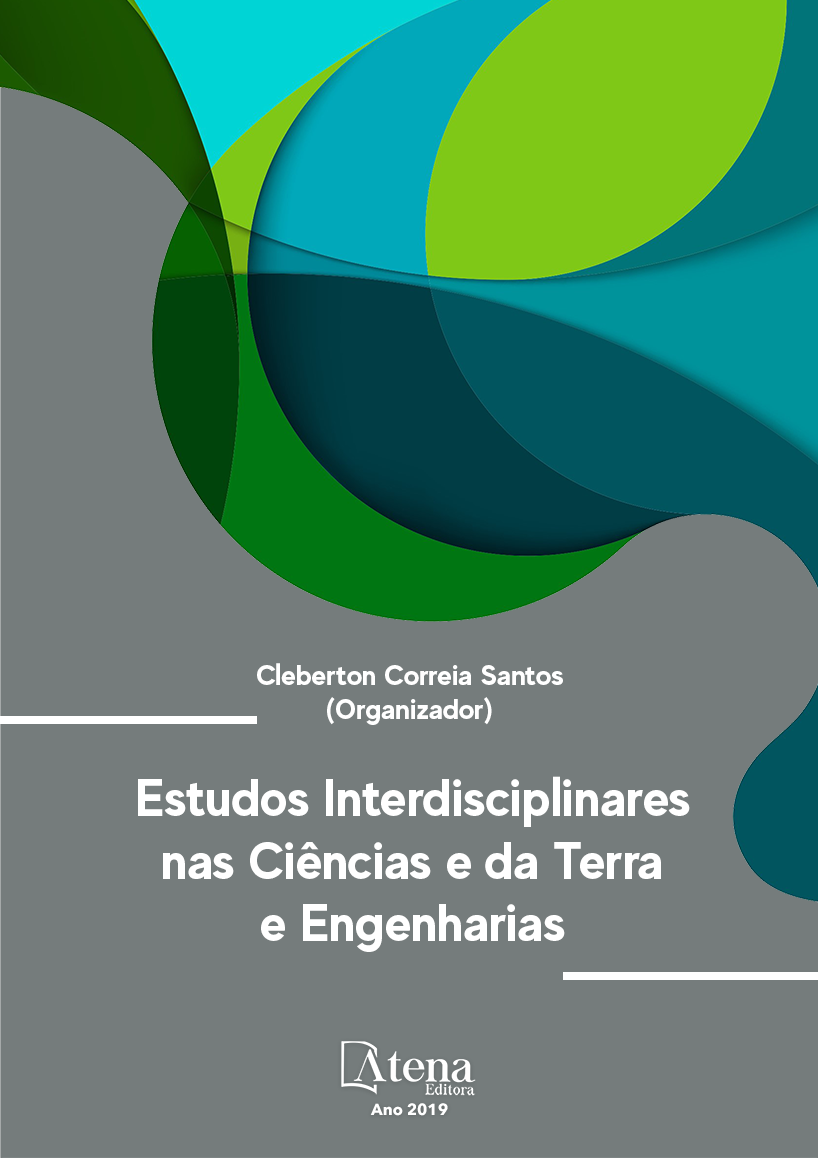
CHÁ DE BOLDO: O SABER POPULAR FAZENDO-SE SABER CIENTÍFICO NO ENSINO DE QUÍMICA
A associação de conceitos químicos
com a vida e o cotidiano é o que os professores
de química devem buscar como estratégias de
abordagem no ensino. Segundo Resende et al
(2010), estudos comprovam que a valorização
do conhecimento popular nos currículos de
Química traz benefícios aos estudantes,
gerando interesse e desenvolvimento de
atitudes mais positivas em relação à ciência,
no qual através da investigação das culturas,
se estudam os princípios científicos que há por
detrás dos mesmos. O objetivo do presente
trabalho é relatar uma experiência didática
baseada nos saberes populares, evidenciando,
através da contextualização, seu conhecimento
químico, sendo o chá de Boldo escolhido devido
seu amplo emprego na medicina popular,
bem como trabalhar a ideia da alfabetização
científica. A utilização da temática proporcionou
a investigação acerca do conhecimento prévio
oriundo do saber popular, através da utilização
de questionários, assim como a sua abordagem
histórica, trazendo também um alerta em
relação aos produtos naturais, ao abordar a
toxicidade dos mesmos. Além disso, o preparo
dos chás de diferentes procedências possibilitou
a construção em conjunto de conceitos físicoquímicos
e de solubilidade, através dos
resultados observados e discutidos em sala de
aula. Após a realização da atividade, avaliou-se
o conhecimento adquirido, comprovando-se que
grande parte do conhecimento referente aos
saberes é oriunda da família. Observou-se que
as atividades desenvolvidas foram recebidas
de forma empolgante pelos estudantes, sendo
particularmente gratificante o relato que “essa
Química é fácil”, contrapondo a visão atomística
que é vista por muitos como algo difícil de
entender, imaginar e principalmente, aplicar.
CHÁ DE BOLDO: O SABER POPULAR FAZENDO-SE SABER CIENTÍFICO NO ENSINO DE QUÍMICA
-
DOI: 10.22533/at.ed.2181911091
-
Palavras-chave: Alfabetização Científica, Saber popular, Chá de Boldo.
-
Keywords: Scientific Literacy, Popular Knowledge, Boldo Tea.
-
Abstract:
The association of chemical
concepts with life and daily life is what chemistry
teachers should look for as strategies of
approach in teaching. According Resende et al
(2010), studies show that the appreciation of popular knowledge in chemistry curriculum
brings benefits to students, generating interest and developing more positive attitudes
towards science, which through research cultures, studies the principles scientists
behind them. The objective of this study is to describe a didactic experience based on
the popular knowledge, showing through contextualization, his chemical knowledge,
and the Bilberry tea chosen because of its widespread use in folk medicine, as well as
working the idea of scientific literacy. The use of the theme provided the investigation
about the previous knowledge from the popular knowledge, through the use of
questionnaires, as well as its historical approach, also bringing an alert regarding the
natural products, when addressing their toxicity. In addition, the preparation of teas from
different origins allowed the construction of physical-chemical concepts and solubility
together, through the results observed and discussed in the classroom. After the activity
was carried out, the acquired knowledge was evaluated, and it was proved that a great
part of the knowledge related to the knowledge comes from the family. Also noted is
that the activities were received from engaging manner by the students, it is particularly
rewarding the account that “this chemistry is easy,” contrasting the atomistic view that
is seen by many as something difficult to understand, imagine and mainly apply.
-
Número de páginas: 15
- Monique Gonçalves
- Andressa da Silva Muniz


